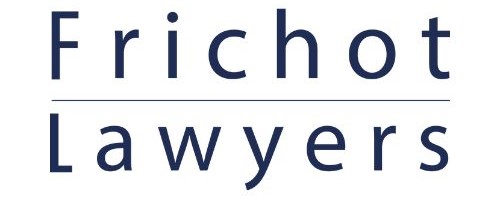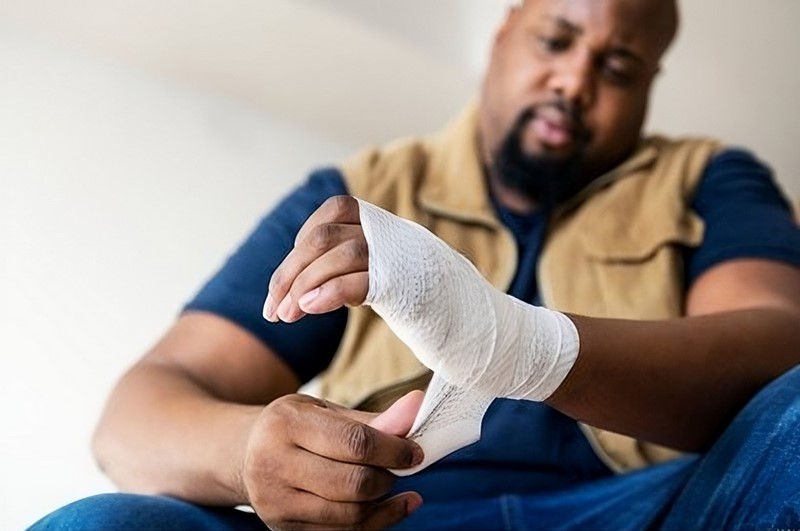Obtaining a personal injury due to the negligence of another party can be a traumatic experience in itself, and more often than not it also results in costly ramifications to ease the financial and emotional pain the personal injury has caused.
We recommend you consider the following tips to ensure you maximise your potential for success when you lodge a claim for compensation.
1. Who Can Claim for Personal Injury Compensation?
If you have suffered a physical or psychological injury which has been negligently caused by another party, you may be eligible to make a claim for compensation.
Often individuals obtain a personal injury and wish to claim for compensation when they have been involved in:
a) a workplace accident;
b) a motor vehicle accident; or
c) an assault, in which they are a victim.
2. How Do You Lodge a Personal Injury Claim?
It may be useful to consult an experienced personal injury lawyer right at the outset to determine whether your claim has any merit. If it does, the lawyer can assist you with beginning the claims process.
Sometimes it can take over a year to receive compensation if your claim is successful, so it is important to remain patient when lodging a personal injury claim.
3. Do Any Limitation Periods Apply?
You should be wary of any relevant limitation periods that may apply to your claim. These time limits may vary depending on the personal injury sustained by you and the specific circumstances relevant to your case. If you do not lodge your personal injury claim within the limitation period, your ability to recover compensation dramatically decreases. It is often advised to lodge your personal injury claim as soon as possible after you have sustained your personal injury in order to ensure your claim is submitted within the relevant limitation periods.
4. What Can You Claim For?
Compensation for personal injury is intended to put you back in the position that you would have been had you not suffered the personal injury.
Depending on how your personal injury came about you may be entitled to lodge a claim for:
a) loss of wages and earning capacity;
b) medical expenses;
c) non-monetary damages; and
d) pain and suffering.
It is important to note that no two claim circumstances are the same and therefore any compensation you may be paid if your personal injury claim is successful will largely be influenced by the evidence you present in support of your claim, and the current common law and legislation.
5. How Do You Substantiate Your Personal Injury Claim?
You must present tangible evidence in order to prove that a party was negligent or is liable for the damage or loss you have suffered as a result of your personal injury. It is therefore crucial to compile all relevant documentation available to you in order to support your personal injury claim.
Some documents that you may need to lodge in conjunction with your personal injury claim may include:
a) medical reports outlining any physical or psychological injuries you have suffered;
b) receipts from medical treatment you have received;
c) estimations of future medical expenses you will require;
d) reports which outline your predicted loss of future earnings;
e) any police reports; and
f) an assessment of the value of any material damages you have suffered as a result of your personal injury, such as damage to your car in the event your personal injury is as a result of a motor vehicle accident.
6. Who Should You Claim From?
Depending on the circumstances of your personal injury and what parties are wholly or partially liable, you may claim compensation from one or multiple entities. For example, if another party is solely responsible for your personal injury and is insured, you will usually lodge your personal injury claim and obtain compensation from that party’s insurance company. In the event the responsible party is uninsured, you may have to commence legal action against that party in order to obtain compensation. Alternatively, if you are partly responsible for the personal injury you have sustained, your insurance company may partially cover you depending on your policy.
If you have sustained your personal injury due to a motor vehicle accident, work-related accident, medical negligence, asbestos exposure or any other circumstance, and you believe you have a legitimate personal injury claim, we recommend you consult an experienced personal injury lawyer to help you navigate the complexities of the law, and assist you to claim the maximise compensation available to you in the circumstances.
At Frichot & Frichot we are dedicated to providing our clients with expert advice on personal injury compensation. If you require any assistance with your personal injury claim, please do not hesitate to call Frichot & Frichot on (08) 9335 9877 or complete the form below to request an introductory consultation.





